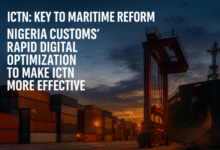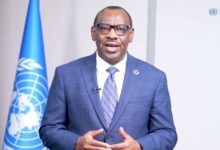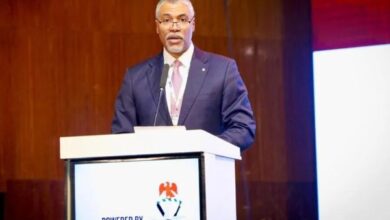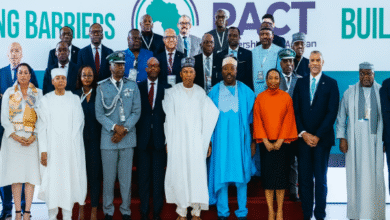Nigeria Gears Up for Landmark PPP Summit to Drive Infrastructure-Led Economic Renewal
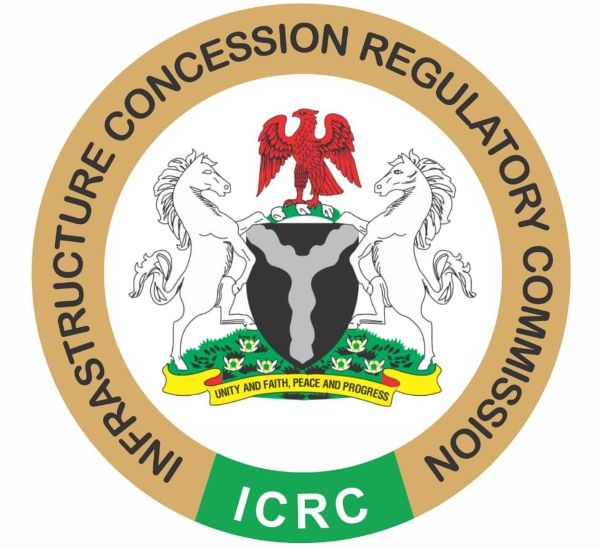
Nigeria is poised to take a bold leap forward in bridging its infrastructure gap as the Infrastructure Concession Regulatory Commission (ICRC) unveils the Nigeria Public-Private Partnership (PPP) Summit 2025, scheduled for June 17–18, 2025, in Abuja. Positioned as a pivotal gathering for top government officials, global financiers, and private sector innovators, the summit will be a rallying point for transformative dialogue—and more crucially, action.
Themed “Unlocking Nigeria’s Potential: The Role of Public-Private Partnerships in Delivering the Renewed Hope Agenda,” the summit aims to be a watershed moment in Nigeria’s economic strategy, signalling a clear pivot from policy rhetoric to capital mobilisation, deal-making, and infrastructure delivery.
Beyond Speeches: A Marketplace for Viable Infrastructure Projects
According to Dr. Jobson Ewalefoh, Director-General of the ICRC, this PPP summit will do more than talk. “We’re moving beyond traditional talk-shops,” he asserted. “This is about dismantling bottlenecks, unlocking capital, and delivering measurable outcomes across sectors.”
With Nigeria requiring over $100 billion annually in infrastructure investments to close its deficit, the summit couldn’t be more timely. From power and transport to education, agriculture, broadband, and healthcare, the scope of needs is vast—but so is the opportunity.
Presidential Backing and Global Participation
The event’s high-level credibility is underscored by the opening ceremony at the State House Banquet Hall, headlined by President Bola Ahmed Tinubu, whose administration’s Renewed Hope Agenda prioritises infrastructure-led growth as a national imperative.
Also expected are keynote speeches and goodwill messages from key global financiers, including:
- Dr. Benedict Oramah, President of Afreximbank
- Vice-President, African Development Bank (AfDB)
- Regional Director, International Finance Corporation (IFC)
These stakeholders represent not just symbolic support but potential investment commitments and advisory capacity that can anchor Nigeria’s PPP framework in global best practices.
Day Two: Deep Dives, Corridor Strategies & Deal Rooms
The second day, to be held at the Congress Hall of Transcorp Hilton, will dive into Nigeria’s infrastructure ambitions with technical workshops, panel discussions, and corridor-based strategies focused on:
- Transport (rail, roads, airports)
- Energy (generation, transmission, renewables)
- Housing and real estate development
- Broadband and smart city infrastructure
Successful case studies like the Lekki Deep Sea Port, now a continental benchmark for PPP execution, will be spotlighted alongside regional exemplars such as:
- The Wind Power Project in Cape Verde
- The Sene-Gambia Bridge linking Senegal and The Gambia
These models are not just inspirational—they’re instructive, offering pathways to de-risk projects and enhance bankability.
The Summit as a Transaction Hub
One of the summit’s standout propositions is its conversion of conference rooms into transaction spaces. With expected participation from institutional investors and financiers including Africa50, AFC, PAC Capital, KPMG, Norrenberger, and Financial Derivatives Company, the summit will provide a live platform to originate, evaluate, and close deals.
The ICRC’s focus on streamlining Nigeria’s PPP framework is central to this shift. The Commission is actively retooling its regulatory architecture to enhance transparency, reduce red tape, and align project structuring with investor expectations.
Why It Matters
Nigeria’s infrastructure deficit is both a risk and an opportunity. Without bold reforms and private capital mobilisation, the nation’s growth potential remains capped. But with a robust, bankable PPP pipeline, Nigeria can:
- Stimulate inclusive job creation
- Attract sustainable foreign direct investment
- Boost productivity and competitiveness
- Bridge service delivery gaps at scale
The 2025 PPP Summit represents a strategic pivot point—from ambition to execution, from bureaucracy to bankability.
As global capital looks for emerging markets with high impact and growth potential, Nigeria is signalling that it’s not just open for business—but primed for infrastructure transformation through productive partnerships.
In the words of Dr. Ewalefoh: “PPPs are not just financial arrangements—they’re bridges between vision and reality. This summit is where those bridges begin.”


